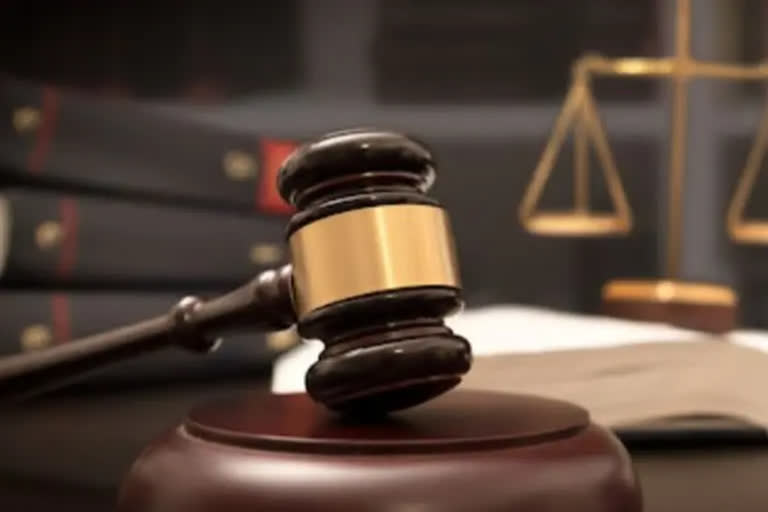Guwahati: The Gauhati High High Court has quashed all orders of the lower court in a case against Rajya Sabha MP Subramanian Swamy for an alleged hate speech in Assam in 2015.
Justice Manish Choudhury in an order passed on Thursday quashed all orders of the lower court for criminal proceedings against Swamy, who had filed a petition seeking the same.
The judge observed that as the the complaint did not make out any offence either under Section 153, IPC (rioting) or under Section 298, IPC (wounding religious sentiments) the criminal proceeding is quashed.
"As the criminal prosecution against the petitioner for the offences under Section 153A (promoting disharmony) and Section 295A (outraging religious feelings) of the Penal Code has been launched without any sanction, such criminal prosecution is held to be illegal. The continuance of the criminal proceeding ... would amount to abuse of the process of the Court," he ruled.
The case against Swamy was filed before the chief judicial magistrate at Karimganj on March 17, 2015 alleging that he had made some "derogatory, unconstitutional and provocative" statements against a particular religion while interacting with the media in Guwahati on March 14, 2015.
Subsequently, the additional chief judicial magistrate of Karimganj took cognisance of the complaint and issued summons to Swamy on March 18 that year and subsequently a non-bailable warrant of arrest was issued against him on June 1, 2015.
Swamy had then filed a writ petition before the Gauhati High Court challenging the criminal proceedings, issuance of summons and the non bailable warrant of arrest by the lower court and argued the case in person.
Also Read:I was already with Mamata, no need to join TMC: Subramanian Swamy
He argued that in the first part of the overall proceedings in the case, the additional chief judicial magistrate of Karimganj while issuing process as the trial court against him had completely ignored the provisions of Section 202 of the Code of Criminal Procedure (postponement of issue of process).
Swamy pointed out that being a resident of a place not in the jurisdiction of the trial court, the magistrate concerned could not have issued the process without first complying with the mandatory procedure under Section 202.
